Why do more Democrats than Republicans trust The Daily Caller and the National Review?
The results of a new poll on partisan media trust are surprising — and inevitable


A free daily email with the biggest news stories of the day – and the best features from TheWeek.com
You are now subscribed
Your newsletter sign-up was successful
It's little secret that news media polarization in the United States is at a fever pitch, as outlets like Fox News, MSNBC, CNN, and others position themselves along disparate sides of the yawning partisan gap that has increasingly come to define American politics. While study after study has shown wavering levels of public trust in the media as a whole, a just-released poll puts a new wrinkle in the sentiment that partisanship is a perfect indicator of which outlet engenders the most trust from its audience. In fact, as respondents to the latest YouGov Trust in Media survey indicated, conservative skepticism of the news at large is so pervasive that even some of the most unambiguously right-wing outlets are considered more trustworthy by self-identified Democrats than the ostensibly Republican audience to which they blatantly cater.
What does the study show?
Conducted between April 3 - 9, YouGov's Trust in Media 2023 poll surveyed 1,500 U.S. citizens, asking them "whether they trust, distrust, or neither trust nor distrust" 56 different outlets across broadcast, digital, and print media. Out of those outlets, the clear winner in terms of bipartisan trustworthiness was The Weather Channel, "the only outlet that YouGov asked about that more Democrats (+64) and Republicans (+47) trust than the shares who distrust it." Outside of the Weather Channel, Fox News was the only other outlet that was deemed trustworthy by a majority of GOP respondents. Given the degree to which Fox has positioned itself — and been positioned in turn by various politicians and notable public figures — as the epicenter of the conservative news universe, broad Republican trust in the network is not much of a surprise.
More surprising, however, was the inverse of this trend when it comes to a number of smaller, more staunchly right-wing outlets, such as the Tucker Carlson-founded Daily Caller, the conservative-leaning Washington Examiner, and even the so-called "bible of American Conservatism," The National Review. Counterintuitively, more Democrats than Republican respondents said that those right-wing publications were trustworthy.
The Week
Escape your echo chamber. Get the facts behind the news, plus analysis from multiple perspectives.

Sign up for The Week's Free Newsletters
From our morning news briefing to a weekly Good News Newsletter, get the best of The Week delivered directly to your inbox.
From our morning news briefing to a weekly Good News Newsletter, get the best of The Week delivered directly to your inbox.
Despite none of the above three outlets scoring comparatively high in terms of overall trustworthiness, the unexpected support from Democrats was notable enough to draw the attention of several high-profile commentators and pundits, many of whom pointed to a fundamental truth underlying the survey's findings.
'Republicans just do not trust reported news at all'
This pattern emerged after "decades of conservative media relentlessly exacerbating the natural distrust of the [mainstream media] with their audience to ensure that people tuned in," author and academic Brian Rosenwald suggested to Semafor editor-in-chief Ben Smith, who noted the Democratic tendency to be more trustworthy on Twitter.
Allowing for the "exception of a few avowedly right-wing name brands (which aren't really news)," reporter Chase Woodruff said in a similar conclusion, in general, "the bigger and more widely known a news outlet is, the less Republicans trust it."
"Republicans," he continued, "just do not trust reported news at all," with CNN and MSNBC holding similar levels of distrust among Republicans because "they have roughly the same name recognition."
A free daily email with the biggest news stories of the day – and the best features from TheWeek.com
For MSNBC's Zeeshan Aleem, the survey's results are animated in no small part not simply by Republican self-identification, but by a particular strain of conservatism stemming from — and centered around — former President Donald Trump.
"[Republicans] don't even have trust in a number of famous right-wing outlets, perhaps in part because publications like National Review and the New York Post have been critical of former President Donald Trump, or perhaps because today's Republicans are generally suspicious of old guard, 'establishment' right-wing journalism," Aleem wrote in an opinion essay. "It appears that Republicans seem to only trust overtly propagandistic right-wing outlets that follow not only the party line, but specifically Trumpism," he concluded.
Conversely, Politico's Jack Shafer urged a measure of caution when parsing the poll, highlighting a lack of explanatory data in just how respondents engaged with each outlet, to the point where "allowing respondents to judge the trustworthiness of outlets without determining how often they consume them is like asking a kid to rate the flavors from the Baskin-Robbins library he's never tasted." Still, Shafer similarly noted the self-sabotaging effort by conservative outlets who encourage their audiences to mistrust any source of information beyond the one they're watching at that moment, asserting that "outside of the established TV brands of Fox News, Newsmax and OAN, Republicans refuse to automatically bestow trust on any media, even outlets that appeal to their prejudices."
Ultimately, no matter how seemingly contradictory and disheartening the YouGov poll results may be, many media scholars have stressed that some degree of measured skepticism when consuming news can, as the Knight Foundation wrote in its overview of media trust in 2022, be "beneficial in today's media environment."
University of Maine Communications and Journalism Professor Michael J. Socolow seemingly agrees, writing in an essay on media trust last month that "media criticism comprises an essential component of media literacy."
"And," he added, "a vibrant democracy."
For Shafer, who cited Socolow's work, that skepticism can indeed be important in parsing the increasingly fractious array of news sources available today. But, he cautioned, other "expressions of 'distrust' in media polls are just another way for people to say the contemporary subject matter in the news makes them uncomfortable."
Rafi Schwartz has worked as a politics writer at The Week since 2022, where he covers elections, Congress and the White House. He was previously a contributing writer with Mic focusing largely on politics, a senior writer with Splinter News, a staff writer for Fusion's news lab, and the managing editor of Heeb Magazine, a Jewish life and culture publication. Rafi's work has appeared in Rolling Stone, GOOD and The Forward, among others.
-
 What is the endgame in the DHS shutdown?
What is the endgame in the DHS shutdown?Today’s Big Question Democrats want to rein in ICE’s immigration crackdown
-
 ‘Poor time management isn’t just an inconvenience’
‘Poor time management isn’t just an inconvenience’Instant Opinion Opinion, comment and editorials of the day
-
 Bad Bunny’s Super Bowl: A win for unity
Bad Bunny’s Super Bowl: A win for unityFeature The global superstar's halftime show was a celebration for everyone to enjoy
-
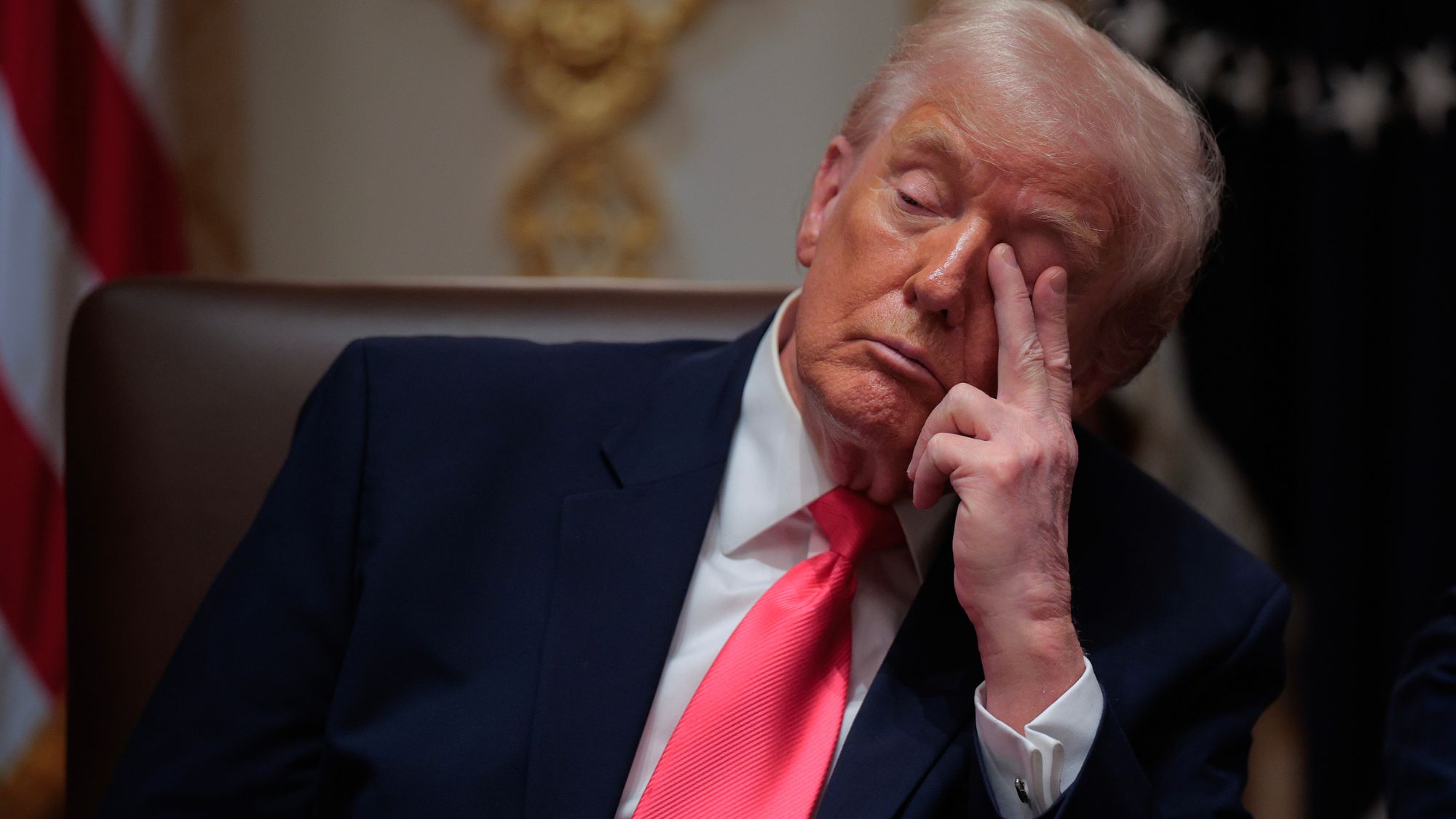 Trump’s poll collapse: can he stop the slide?
Trump’s poll collapse: can he stop the slide?Talking Point President who promised to ease cost-of-living has found that US economic woes can’t be solved ‘via executive fiat’
-
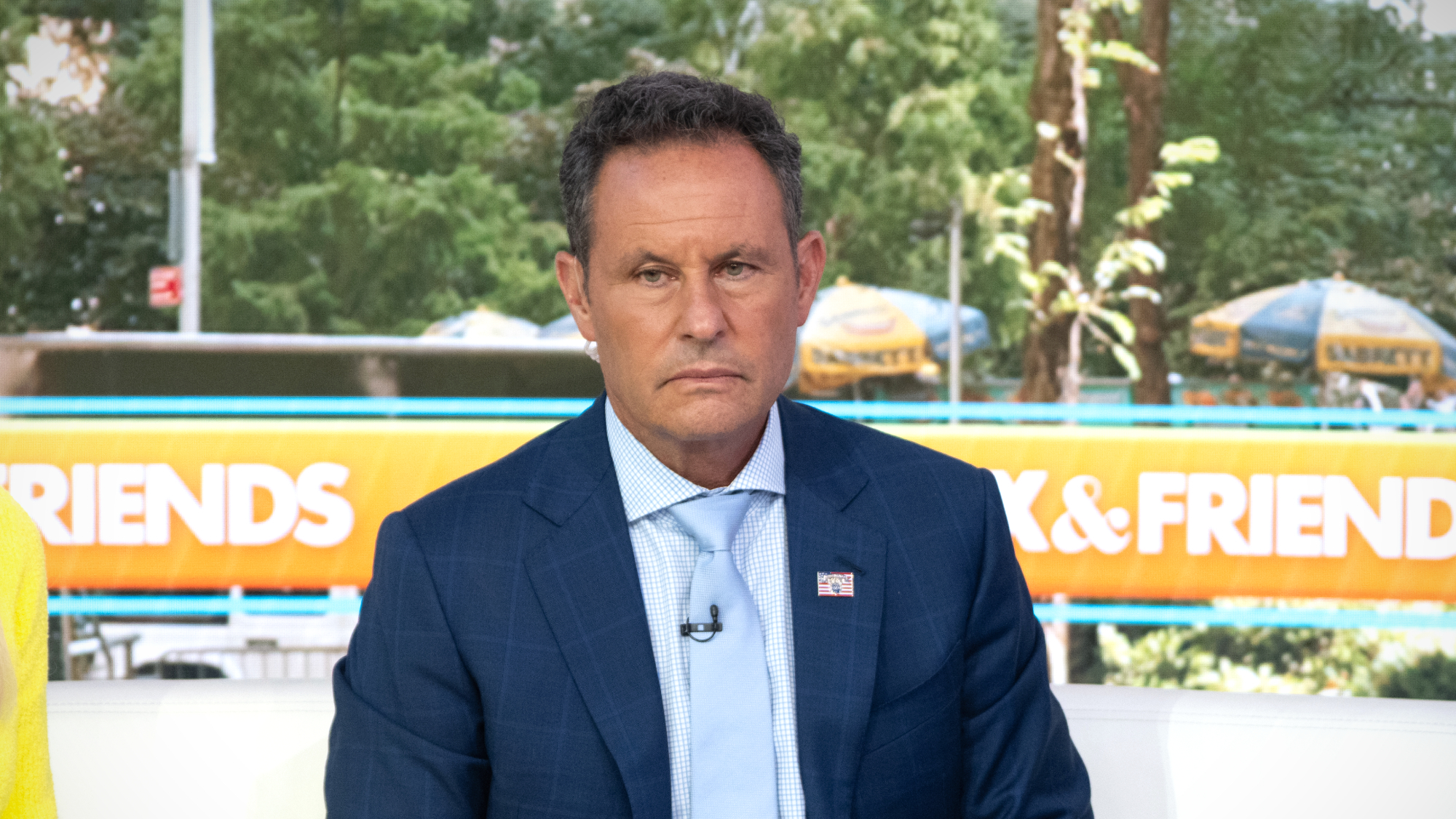 Fox’s Kilmeade sorry for ‘just kill’ homeless remark
Fox’s Kilmeade sorry for ‘just kill’ homeless remarkSpeed Read Kilmeade’s ‘rare on-air apology’ also served as Fox News’ response to the controversy
-
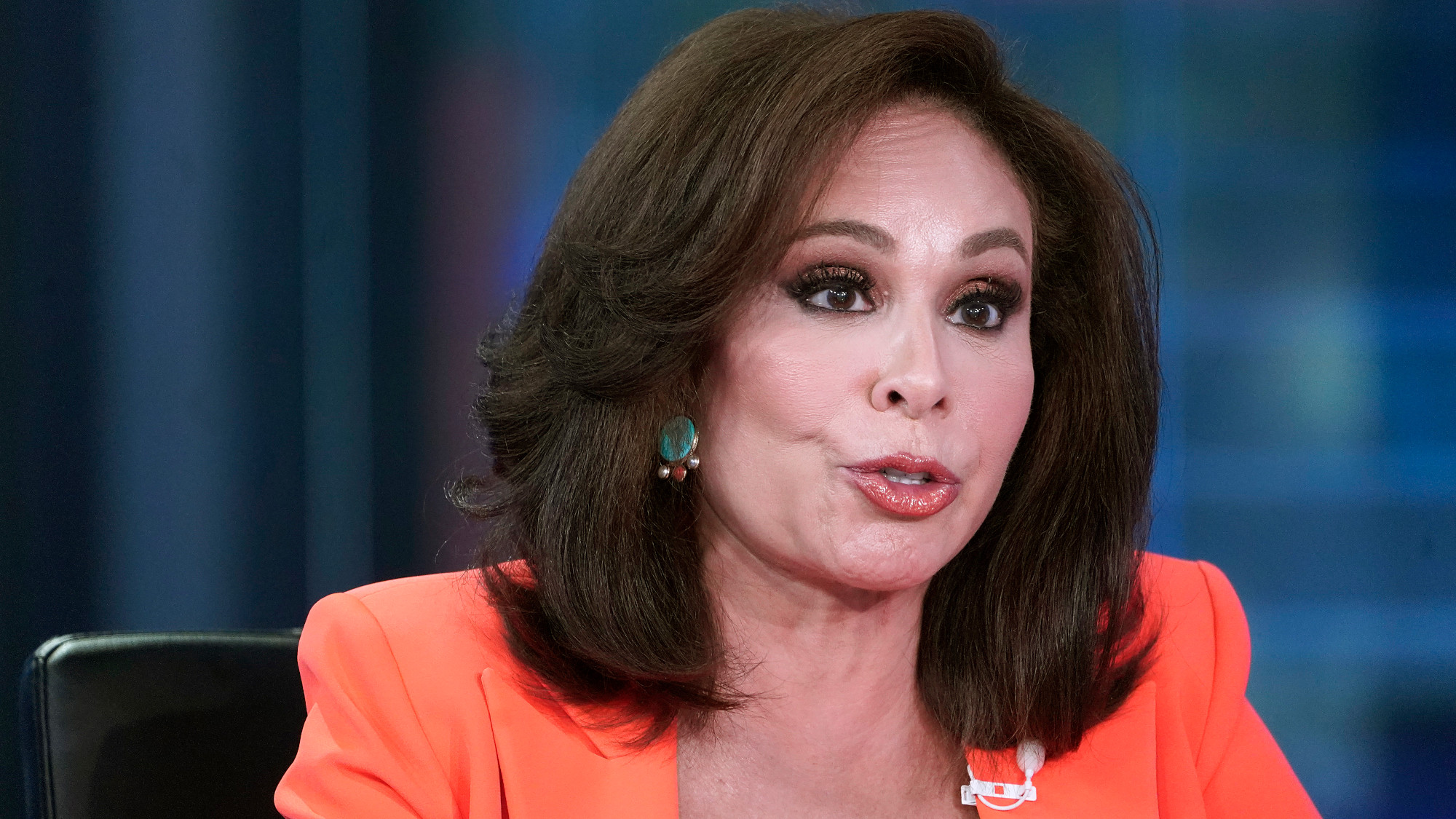 Pirro: Trump turns to another loyalist
Pirro: Trump turns to another loyalistFeature Trump appoints Jeanine Pirro, a 2020 election denier, as U.S. attorney
-
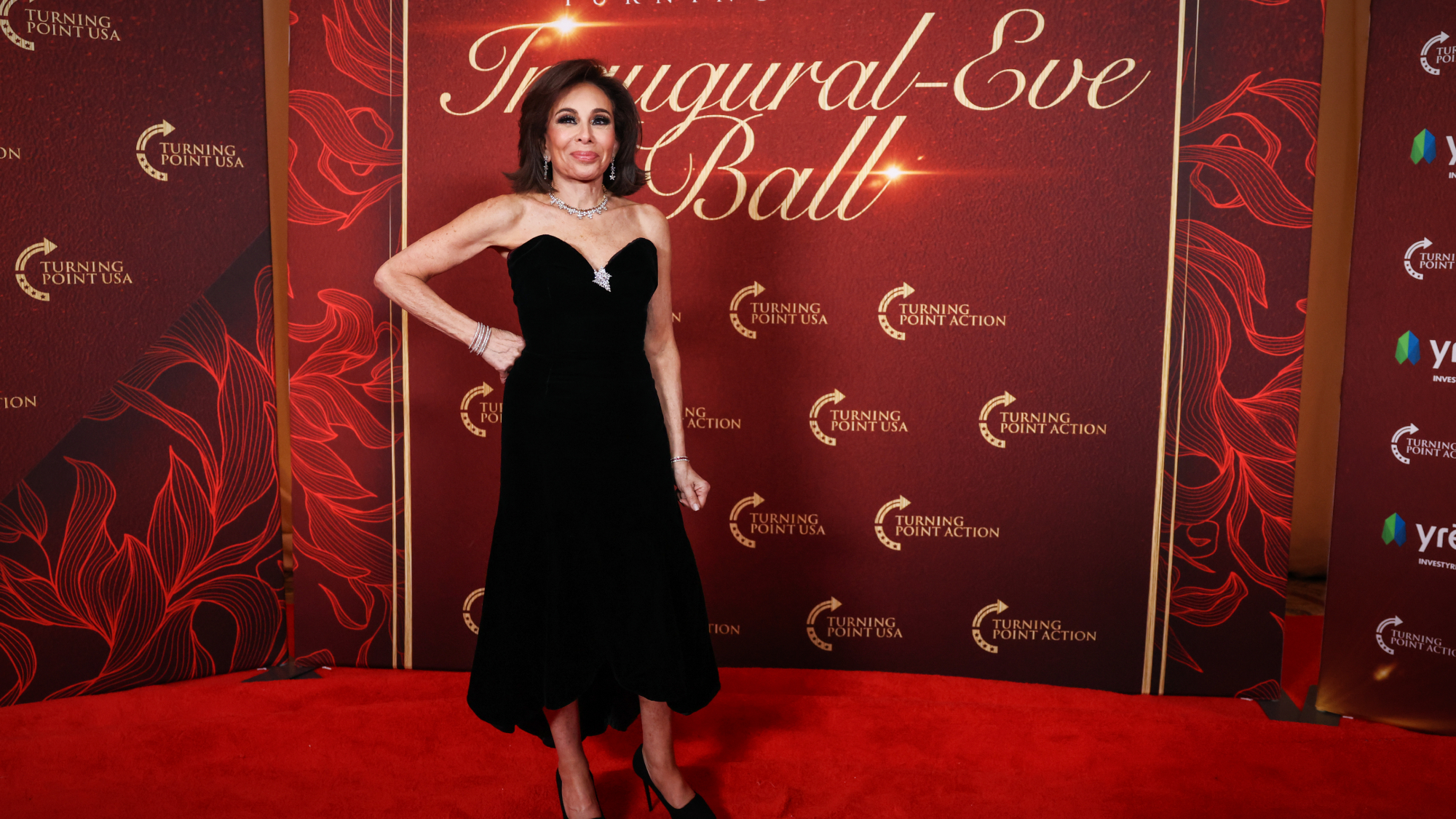 Trump taps Fox News' Pirro for DC attorney post
Trump taps Fox News' Pirro for DC attorney postspeed read The president has named Fox News host Jeanine Pirro to be the top federal prosecutor for Washington, replacing acting US Attorney Ed Martin
-
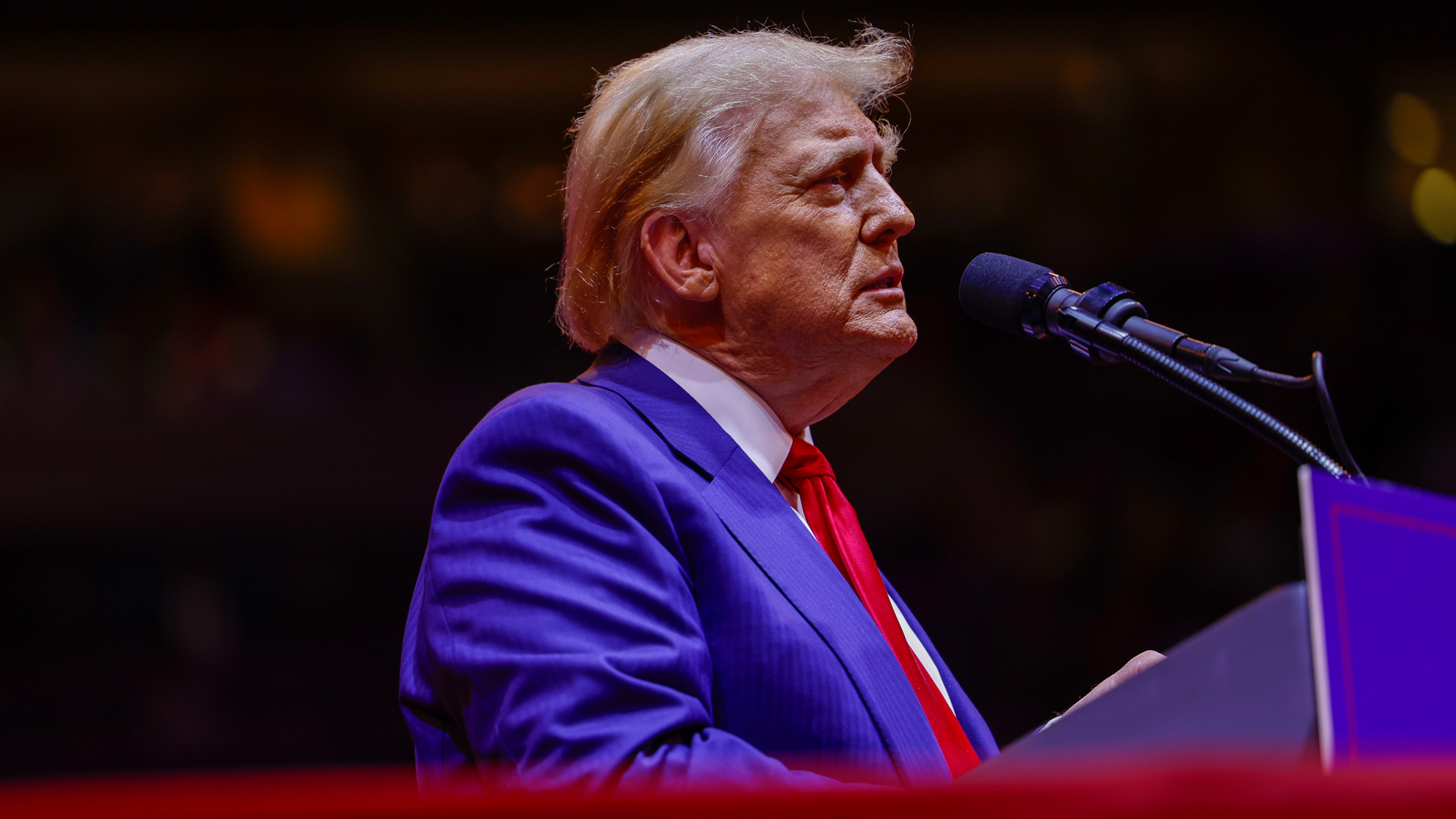 Life in the post-truth era
Life in the post-truth eraOpinion The mainstream media can't hold back a tsunami of misinformation
-
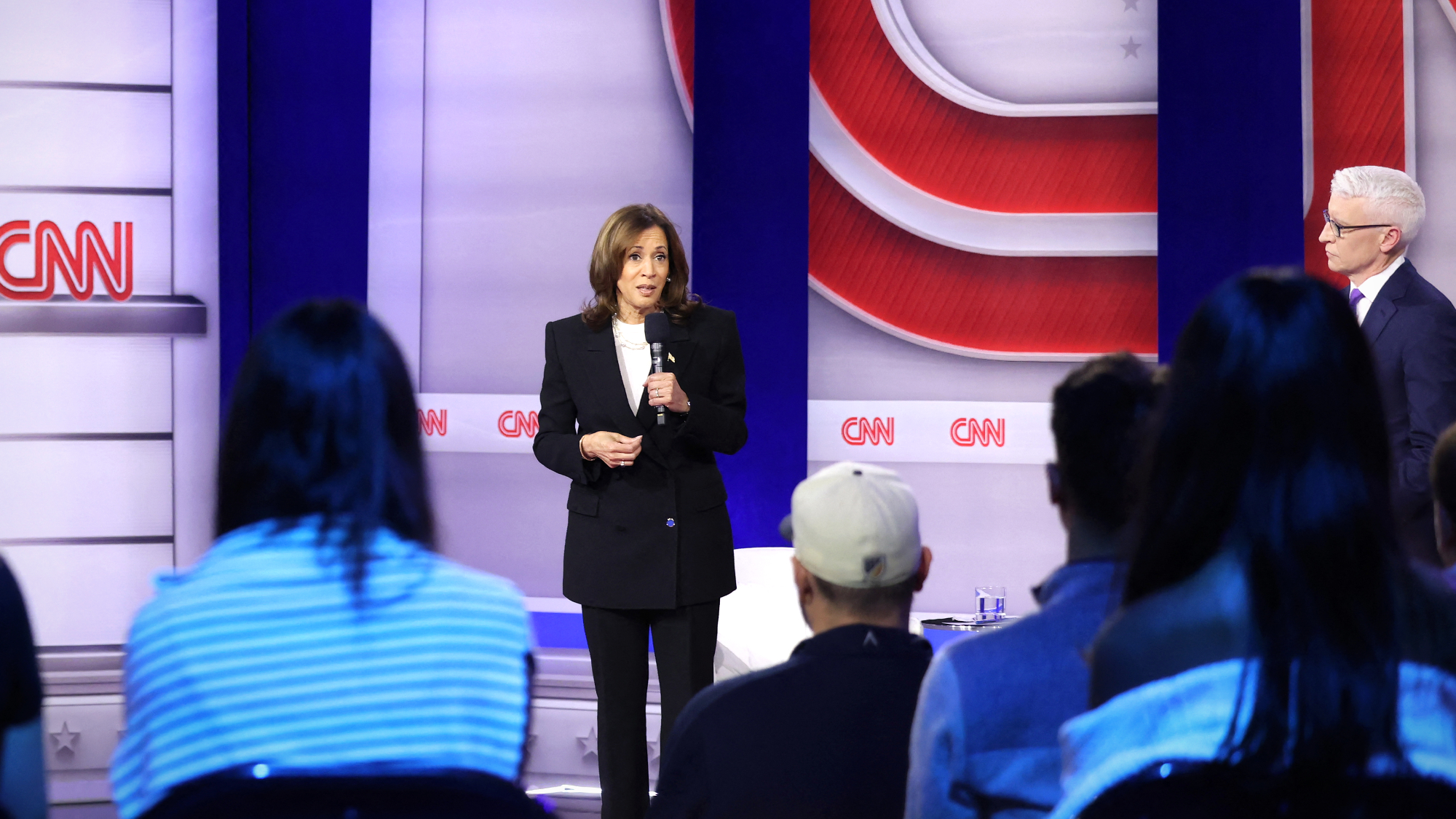 Harris does CNN town hall in lieu of Trump debate
Harris does CNN town hall in lieu of Trump debateSpeed Read The vice president took questions from undecided voters in suburban Philadelphia
-
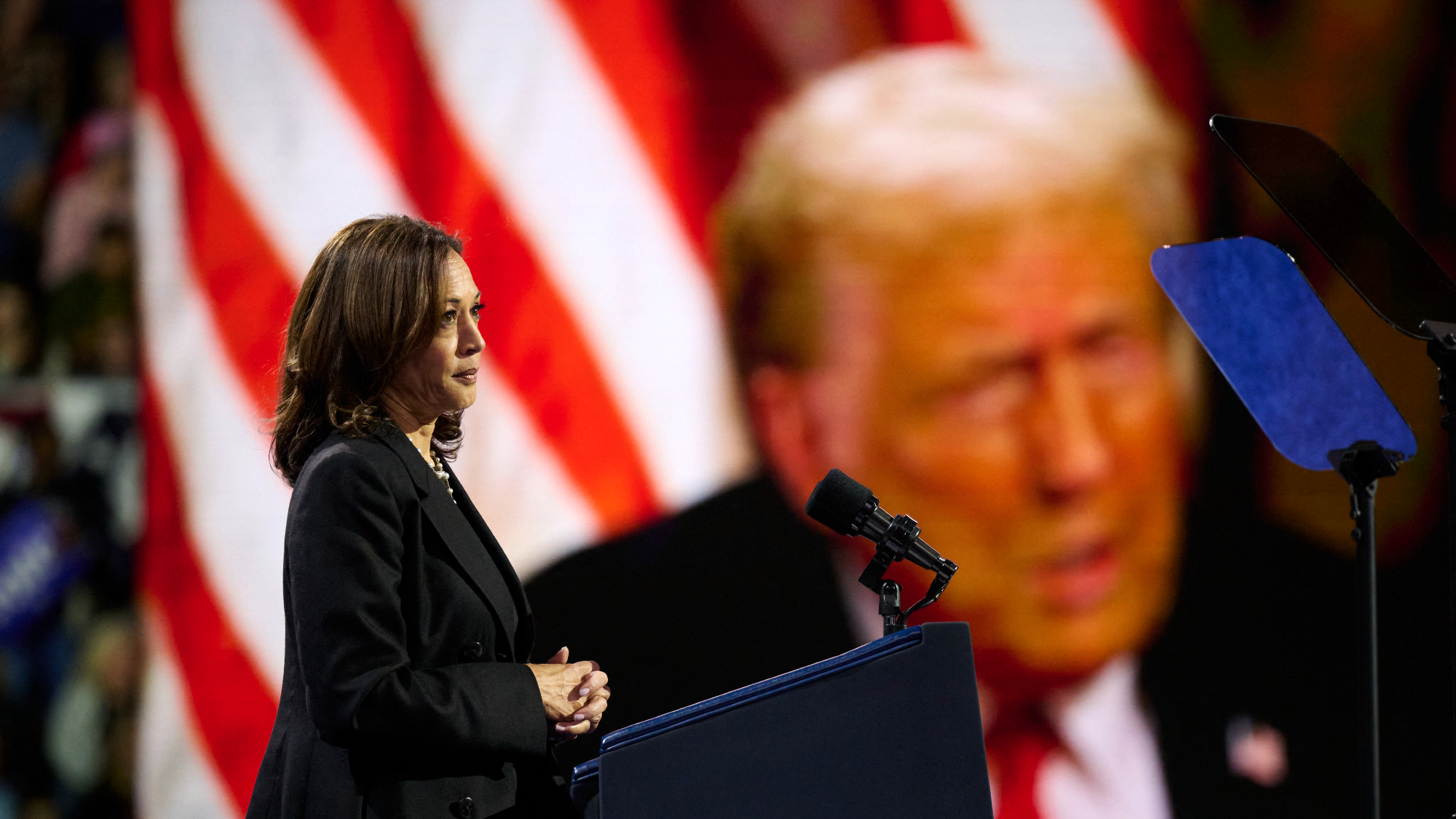 Harris spars on Fox News, Trump does Univision
Harris spars on Fox News, Trump does UnivisionSpeed Read Kamala Harris' Fox News debut was a play to get her message across to millions of conservative-leaning voters
-
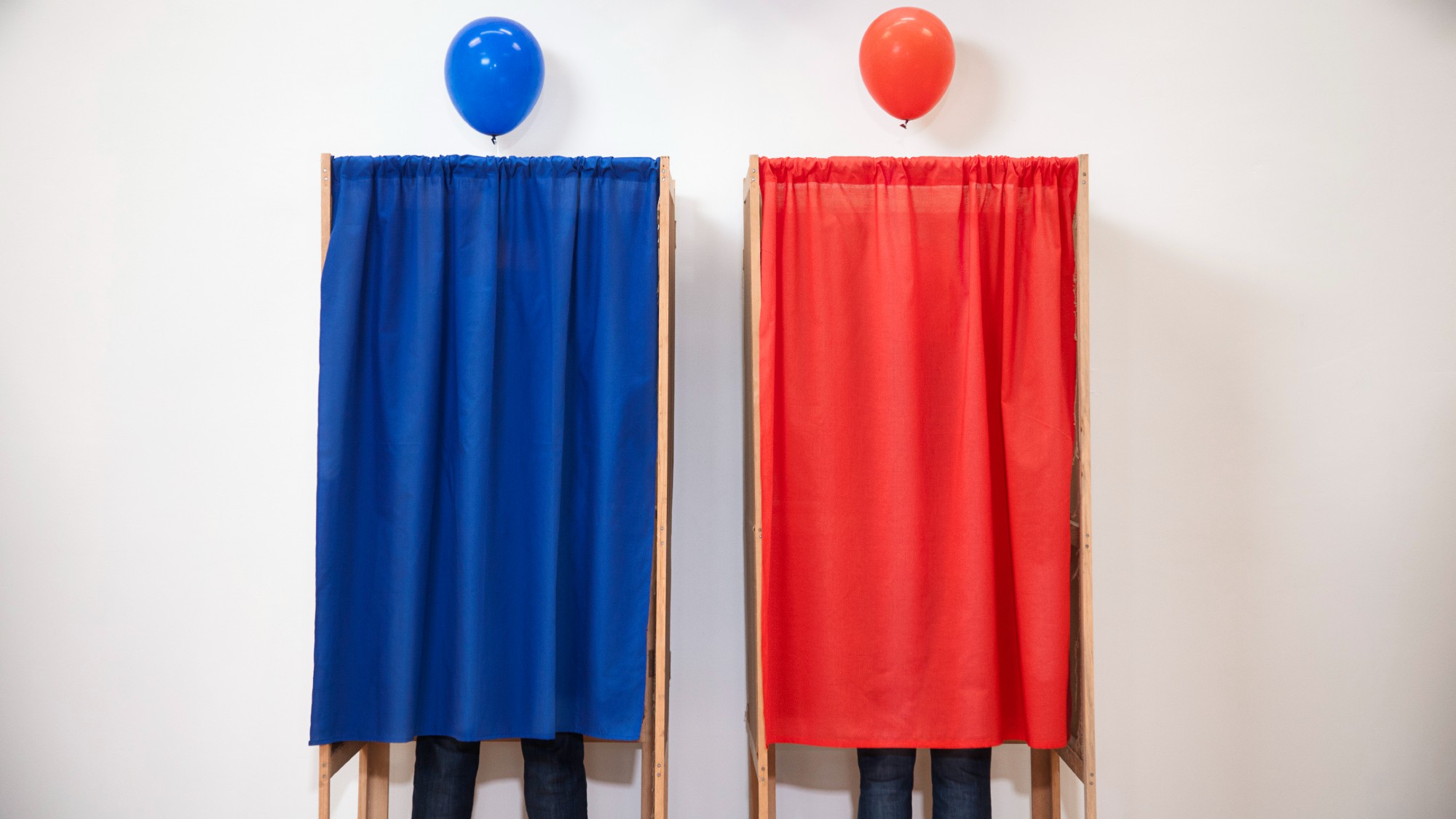 Who is leading in the polls?
Who is leading in the polls?In the Spotlight Kamala Harris and Donald Trump are neck and neck
